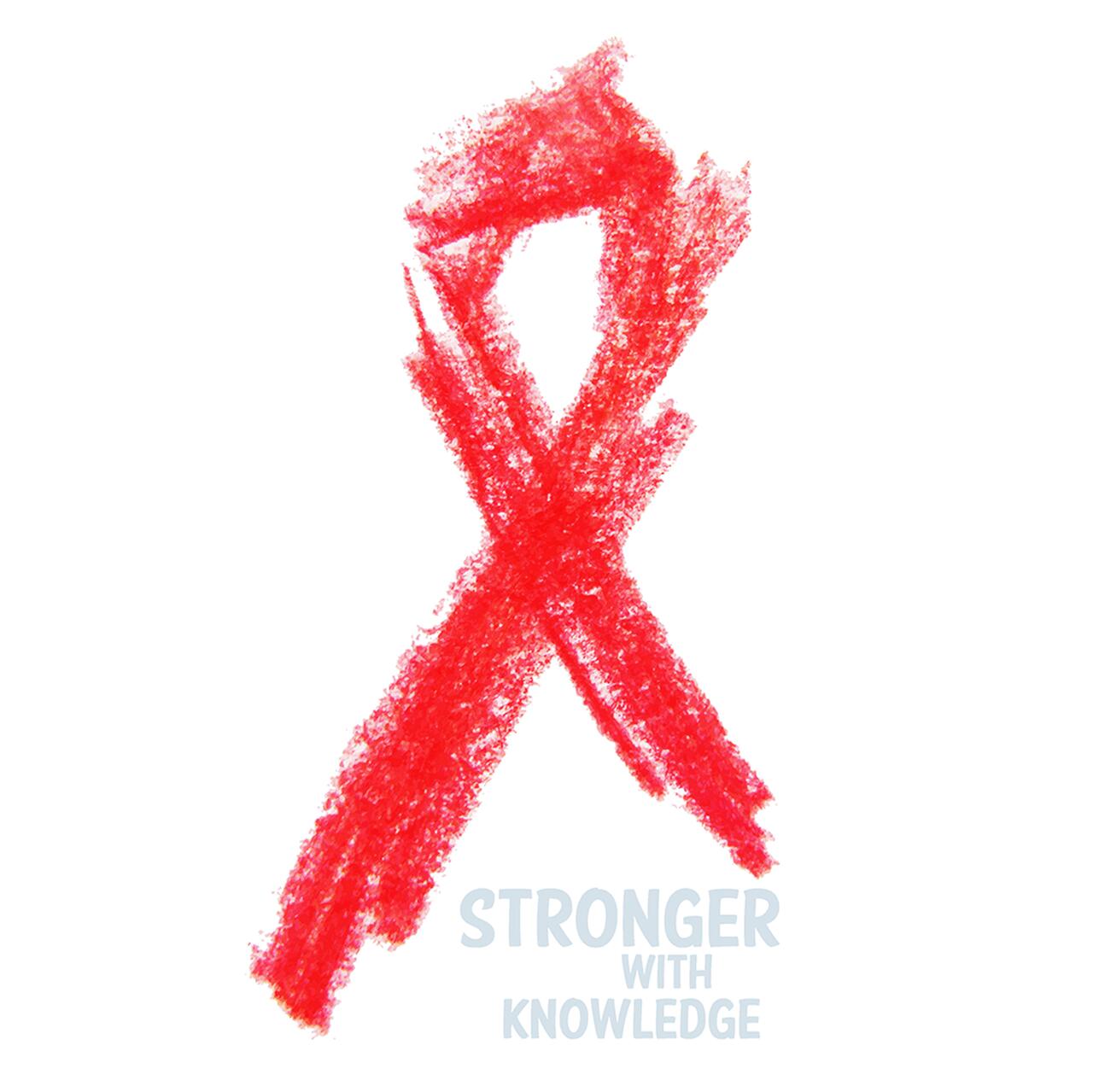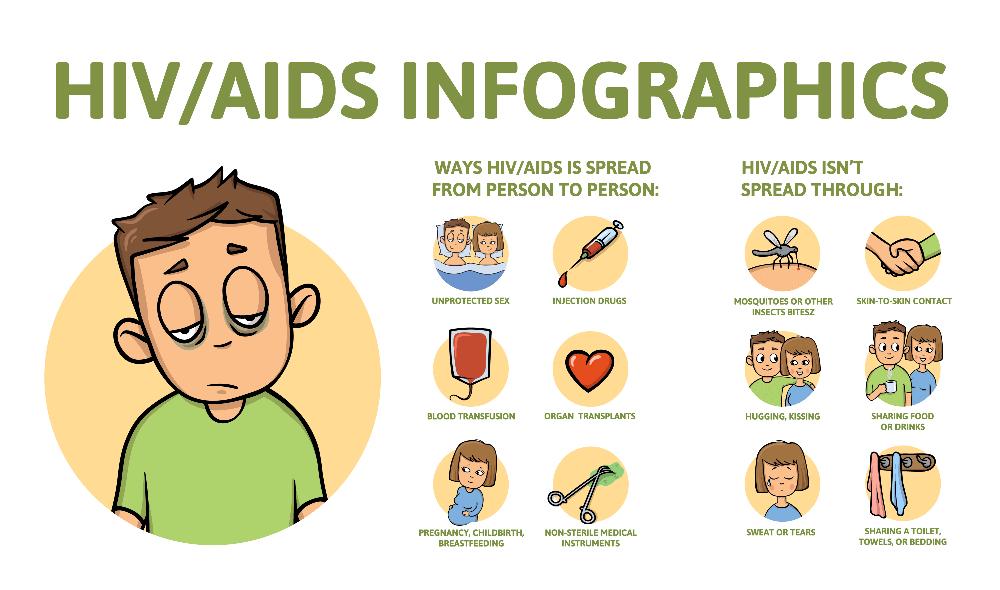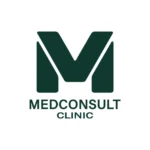What is HIV?
HIV and AIDS – Human Immunodeficiency Virus (HIV) is a sexually transmitted disease that attacks the immune system and if left untreated can cause very serious consequences. It is transmitted through bodily fluids but cannot be transmitted by air, water or saliva as many people falsely assume.
There is currently no cure for HIV and AIDS, however antiretroviral drugs have been around since the 1980s and are very successful in reducing HIV to almost undetectable levels in the body, stopping the development of the disease to the later and harmful stages. They also limit and mitigate the spread to sexual partners. If left untreated HIV has three stages with unique symptoms and complications.
It often difficult to detect until much later stages hence the importance of getting tested. If HIV is left untreated it will eventually be allowed to develop into what is known as Acquired Immunodeficiency Syndrome (AIDS).

What is AIDS?
If HIV is left untreated, it can develop into it’s more mature stage known as AIDs. It does not infer that everyone who gets HIV will definitely get AIDs, but just that it is the final stages of HIV which one would be prone to if HIV was left untreated. The progression from HIV into AIDS typically occurs within 10 years.
When AIDS develops it means the body’s immune system is so weak that it cannot fight most other infections, and it is these other infections that will shorten your life expectancy and not the HIV/AIDS directly. However, as said earlier, detection and treatment with antiretroviral drugs can halt the disease, supress it to almost undetectable levels and life expectancy is near enough as long as someone living without the disease.
How did I get HIV and AIDS?
HIV and AIDS is transmitted from person to person via bodily fluids including blood, semen, vaginal/rectal fluids and breast milk. That said, typically HIV is transmitted through activities such as vaginal or anal sex and sharing needles (intentionally or accidental needle stick). It is very rare if not almost impossible to get HIV and AIDS through oral sex or just by contacting their wounds or broken skin unless blood is present.
It is not possible to get HIV and AIDS by kissing, hugging or touching, sharing cups, sharing towels or toilets with someone who is HIV positive. In any of the aforementioned examples at all, there is the slimmest chance of transmission provided they are being treated with antiretroviral drugs.

What are symptoms of HIV and AIDs?
There are three stages of HIV: Acute HIV, Chronic HIV and finally AIDS. Each has its own symptoms and complications on the body left untreated.
- Acute HIV:
Otherwise known as Acute Retroviral Syndrome (ARS), the Acute HIV stage is most commonly characterised by getting flu-like symptoms. These can appear between between 2-4 weeks after exposure and may last a couple of weeks but for some people can subside after just a few days. Fever is the most commonly noted symptom hence the similarity to the flu but other symptoms would include sore throat, fatigue, sore muscles and mouth ulcers.
Some patients show no symptoms during this stage and the infection can still be present and developing for 10-15 years in some cases before showing symptoms. During this period HIV is still present within the body and can be transmitted to others.
- Chronic HIV:
Many people can continue to be asymptomatic in this stage but typically symptoms would appear in episodes that vary from mild to significant. This includes episodes of fever, weight loss, stomach upset and coughing.
- AIDS:
The final stage of HIV we term as AIDS. This may be reached as a progression after stages one and two, by someone who has shown no symptoms of HIV for many years and therefore not treated it or simply someone who has been symptomatic and confused it with other illnesses (flu) and therefore not tested for HIV.
By the time someone has AIDS their immune system so compromised that they are impacted by diseases that are so uncommon for someone who does not carry HIV. It is these other diseases that cause complications and shorten life expectancy rather than AIDS directly. AIDS is responsible for the weakening of our bodies leaving us susceptible to these other diseases. Symptoms in this stage would include severe fatigue, weight loss, neurological and memory problems, long lasting high fevers, chills and diarrhoea, pneumonia, lymphoma and tuberculosis.
How do I treat HIV and AIDs?
HIV can be tested for so easily by visiting a clinic or you can even do a self-test pin prick test (antigen/antibody) test at home. These can all detect HIV anywhere from 10 – 90 days after exposure. If you are within the first 72 hours of exposure you should immediately consider Postexposure Prophylaxis (PEP) which can be successful in preventing transmission.
For those who have been tested and are positive, your doctor will be there every step of the way to educate and guide you on the treatment. There are many types of antiretroviral medications available which stops HIV progressing into AIDS and also stops transmission to others. They work by stopping the HIV from reproducing and damaging cells within the body, so much that the virus becomes undetectable within the body even though it is still there. If medication is stopped the virus will continue to resume its progression again into later stages of HIV and AIDS.
The medication will be in the form of 1-2 pills per day that will extend a life to that of someone without HIV. The key is detection via testing and starting and maintaining your HIV treatment as prescribed.

What is Pre-exposure prophylaxis (PrEP)?
Pre-exposure prophylaxis (PrEP) is a medicine that is taken daily to reduce HIV transmission in someone without HIV, if engaging in certain high risk activities that give that person exposure to HIV. It consists of medicine taken for at least 7 days to build up the protection levels needed in the body against HIV. It is the person without HIV and AIDS who takes the PrEP medication, and it is 99% effective in reducing HIV transmission if taken properly.
These high-risk activities include not using a barrier method (condoms) when having sex with someone who is HIV positive or of unknown HIV status. In simple terms, it is medication that can be taken preventatively against getting HIV in someone who knows they will be put at risk.
What is Post-exposure prophylaxis (PEP)?
Post-exposure prophylaxis (PEP) is an emergency treatment course of antiretrovirals which can be taken within 72 hours of HIV exposure to reduce the chance of transmission. It is more than 80% effective. In simple terms, you should seek PEP treatment if you have had HIV exposure and are still within the 72 hour window. The PEP medication is taken for 28 days and is very effective.
PEP and PrEP are both very effective forms of modern treatment which you can speak to your healthcare provider about it you have had HIV exposure already and were unprotected, or if you intend to have HIV and AIDS exposure risk and want to protect yourself.

Bottom line: Visit MedConsult and get tested
Sex should be pleasurable and should not cause fear, but sexually transmitted diseases and infections should be a concern, especially if you do not practice safe sex. Lower your risk for infection by using protection and getting tested. If you are sexually active in a low-risk relationship, then you should get tested at least once a year or if you are experiencing symptoms. If you are entering a new relationship or have had higher risk activity, you should get tested immediately and more often.
Not sure what to do? Do not stay quiet and hope it all goes away. Consult a trusted medical professional for advice, physical examination, or testing. Also, many Sexually Transmitted Diseases can now be diagnosed with self-testing kits. That means that if you feel embarrassed, you can test yourself in the comfort of your own home. Just ask us about these tests. Furthermore, we can organize treatment to be sent to your home as well, so you never even need to step foot in our clinic.
The team at MedConsult is highly trained and very discreet – they are trusted by their patients for their attention to detail and comprehensive care.
MedConsult Clinic
Dr Donna Robinson founded MedConsult Clinic in 2003 to offer high-quality, affordable medical care in Bangkok. With over 35 years of experience, she oversees a team of medical practitioners and nurses who provide healthcare services in English, Thai, Japanese, Chinese, Burmese, and other languages. Dr Donna herself is fully bilingual in English and Thai and holds UK and Thai medical licenses.
